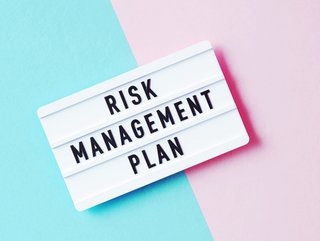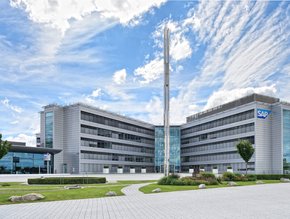Ivalua: Managing supply chain disruptions with procurement

According to Ivalua - a leading spend management solution provider - manufacturers are committed to accelerating their digitalisation initiative in order to mitigate the disruptions of 2022 and beyond.
Significant disruption in the direct materials supply chain
Surveying 233 Senior Procurement Executives across the US and UK, Ivalua found that 97% of executives are experiencing significant disruption in their direct material supply chains today. 67% also reported that they are not confident in their current technology’s ability to adequately handle the current challenges or those expected in the next three years.
According to the report, those that are slow to modernise their operations face serious business risks, with 90% of procurement leaders indicating that supply chain problems are a greater threat than competitive market dynamics.
Supply chain disruption is the number one challenge
Reported by 84% of procurement leaders, dealing with supply chain disruptions has been their biggest career challenge to date. 84% also reported modernisation of procurement and supply chain functions as an organisational priority to reduce risks and ensure continuity of direct materials.
“2020’s global supply chain crisis has extended into 2022, compounded by the current geopolitical events. As manufacturing organisations battle today’s crisis and work to avoid the next one, modernising procurement technology has emerged as a top priority. The right technology can help provide the transparency needed to better assess risk and contingency options, and improve the effectiveness and efficiency of collaboration with suppliers,” said Alex Saric, smart procurement expert of Ivalua.
Are current supply chains equipped to meet increasing expectations?
According to Ivalua’s survey, 64% of respondents are ‘not confident’ in their current supply chains when it comes to meeting the increasing expectations of executives. Only 46% said that they have a deep understanding of their suppliers’ capabilities and risks.
71% of procurement leaders also reported that they have had suppliers take advantage of supply chain problems to unjustifiably increase prices.
Other key finds from the report:
- 44% of procurement leaders expect the supply chain crisis to ease by the end of 2023, while 18% expect it to ease by the end of 2022. Those that have adopted modern sourcing technology are more than twice as likely to believe the supply chain crisis will end sooner rather than later.
- 76% of manufacturing procurement leaders use supplier management software to optimise their relationships. Those that use such software are almost twice as likely to say that their relationships are healthy.
- Procurement leaders with modernised sourcing technology are 76% more likely to report that they have effective relationships with their suppliers, and value procurement technology over growing headcount.
- Current technology gaps reported by respondents include a lack of visibility into supplier risk; a disjointed source-to-pay (S2P) process due to multiple systems; and a lack of spend reporting.
- 89% of procurement leaders need to view supply chain data by geography, but only 73% can easily access such data.
- 89% of organisations report that procurement technology will be key to driving organisational ESG and CSR initiatives.






